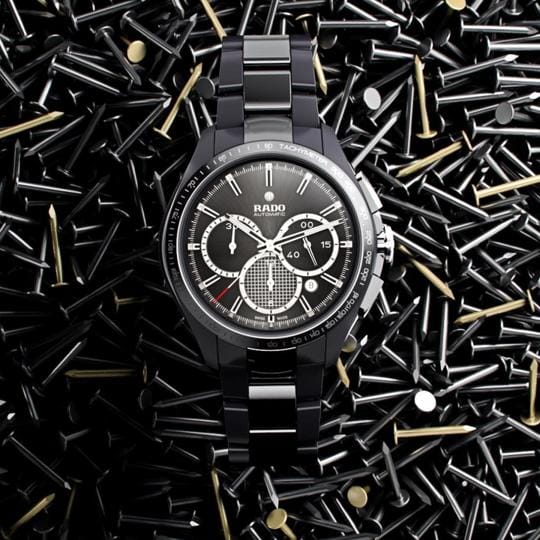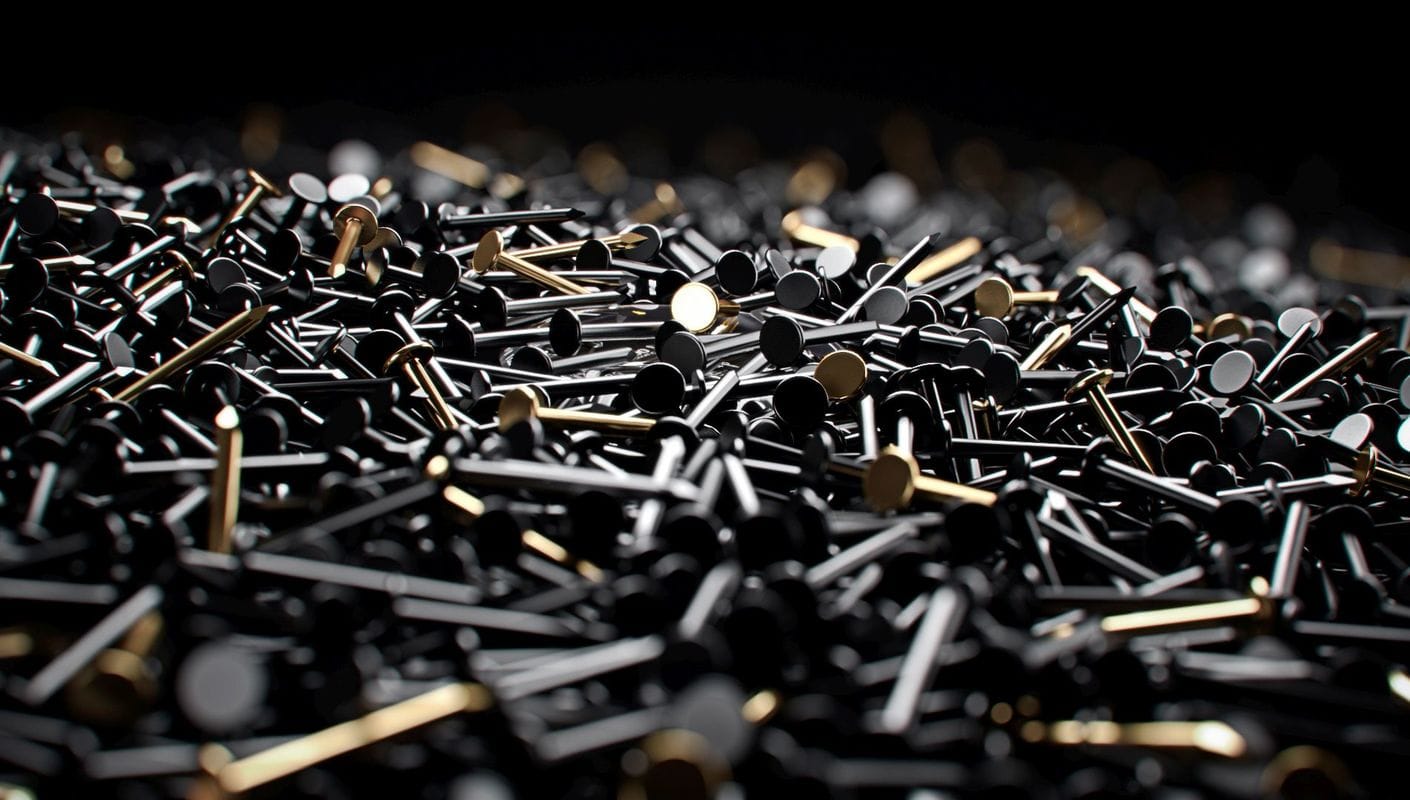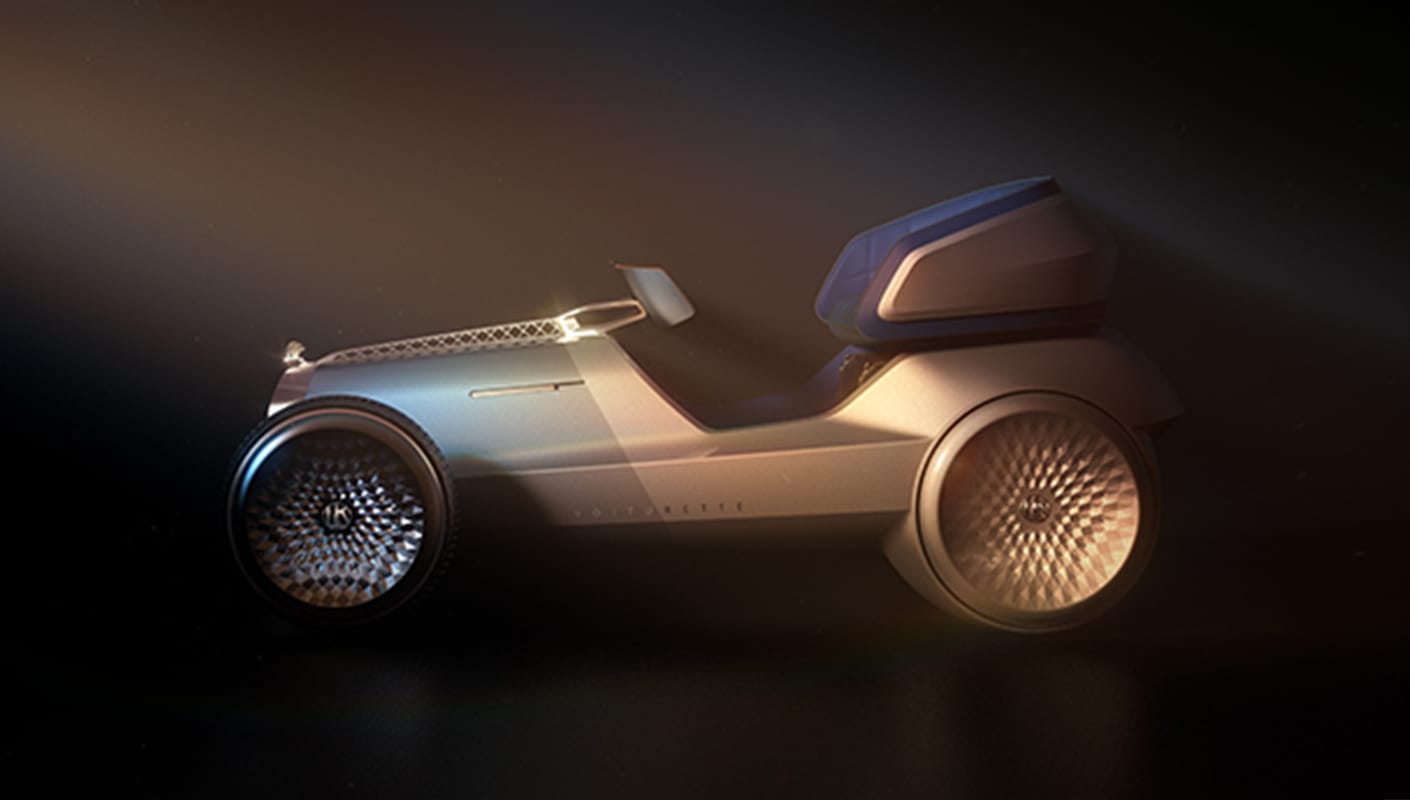INK shows that Rado’s luxury wristwatches are tough as nails.
INK was only set-up seven years ago, but it’s already established itself as one of London’s most industrious visual effects studios. The company’s first projects were automotive, such as a launch film for the UK’s Silverstone motorsports circuit. But it’s since applied a luxurious luster to a range of other projects, including product design and architectural visualization.
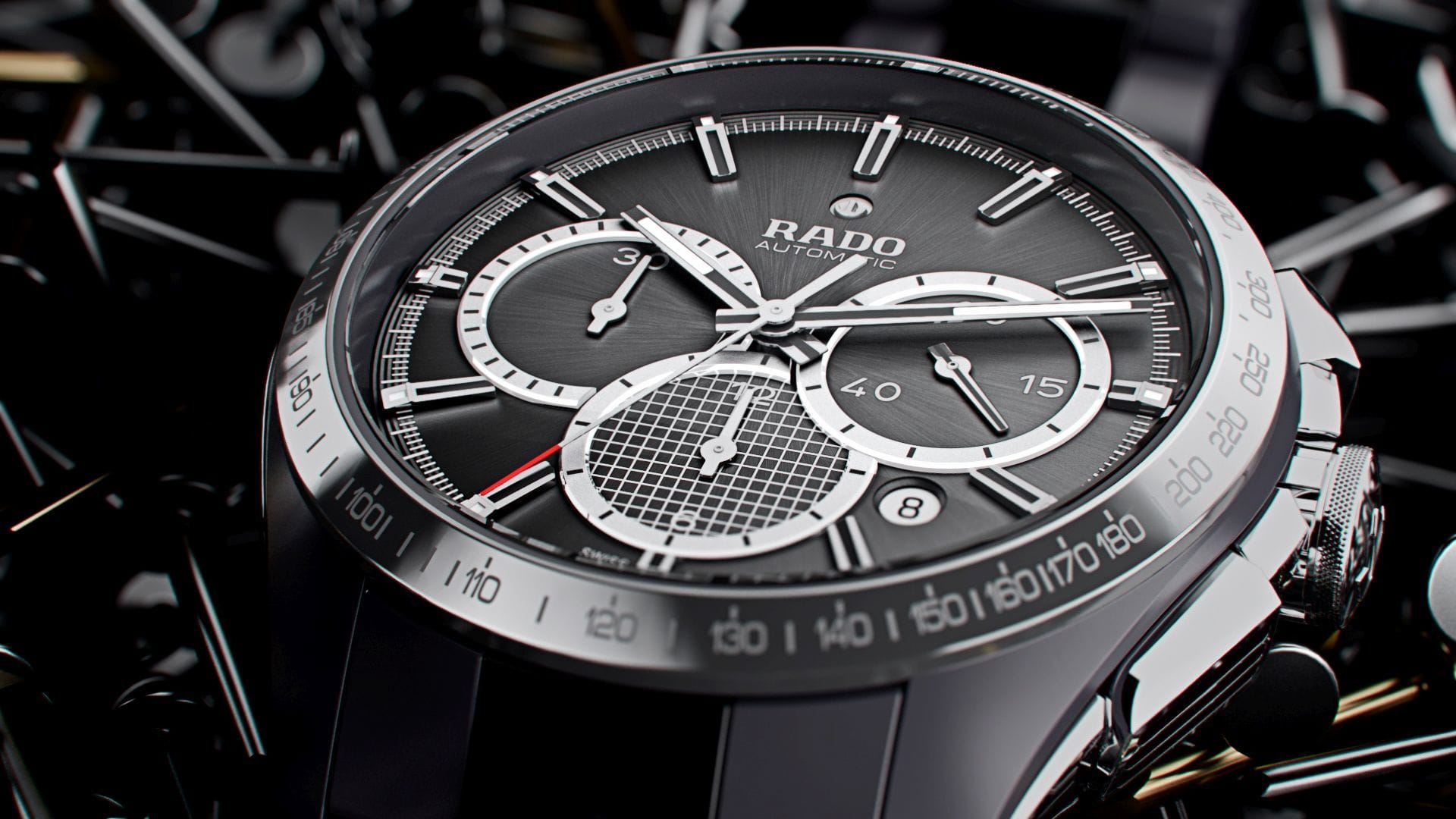
Last year, the company was approached by deluxe Swiss watch manufacturer Rado to create some short advertising videos to accompany a photographed print campaign. The INK team came up with the idea of having the timepieces interacting with various elements, such as feathers and nails, to highlight their lightness and toughness. The product literally shines through, with dazzlingly clean surfaces reflecting and refracting their environments.
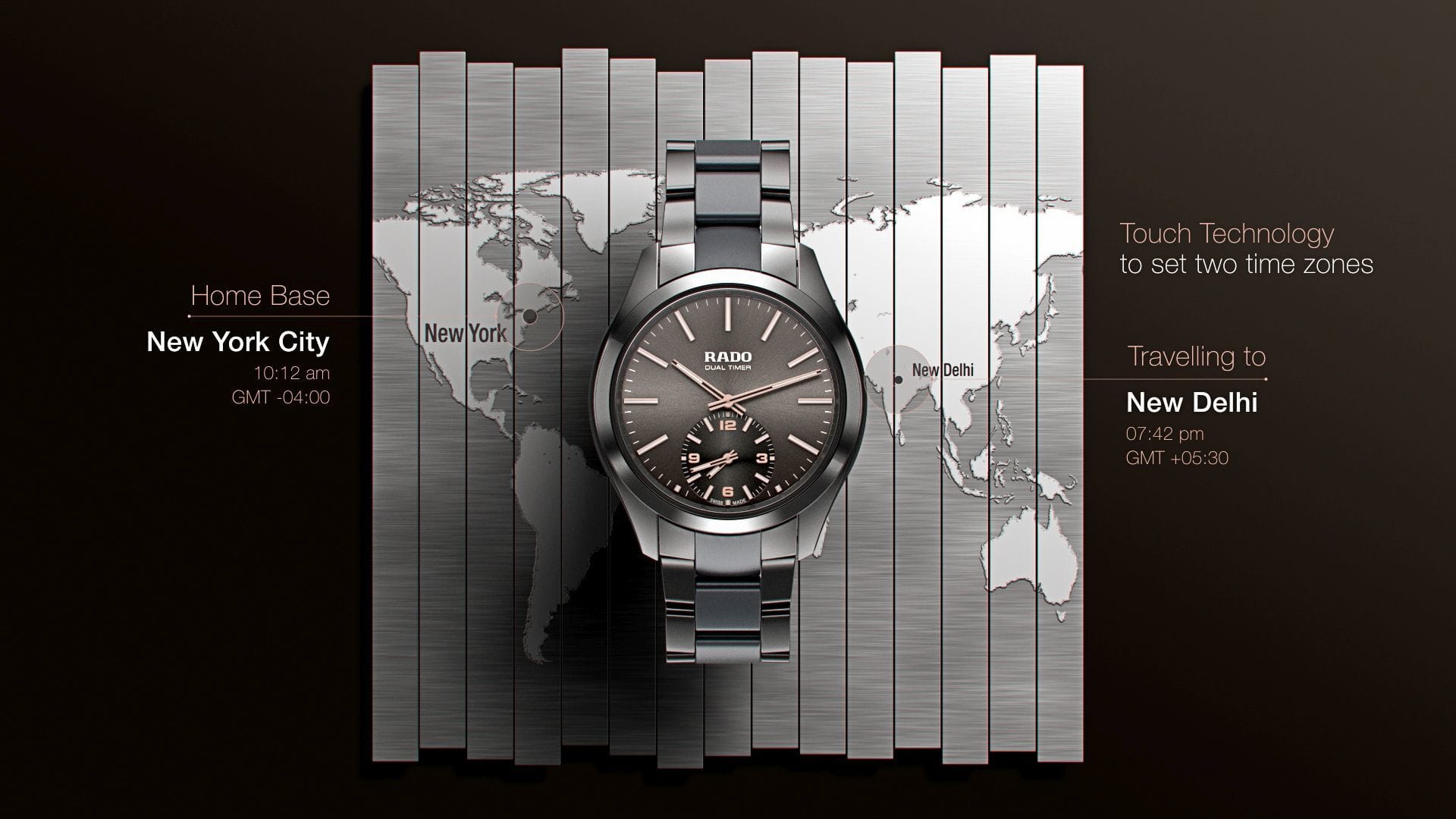
"There was nothing too complicated about it, says David Macey, INK’s co-founder and creative director. But it was a nice one from a CG point of view, because the watch isn’t heavy on geometry, so we weren’t battling with a massive model. In fact, the biggest R&D problem was getting the feathers to fall correctly. Watch companies like things really polished and well-produced, so it was a great chance to indulge in that, and make it look really slick."
V-Ray’s a really important part of the pipeline. It’s a tool that’s always reinvented itself in terms of what it can offer the end client. I’ve seen it from the time when it could only render very small amounts of geometry, to being able to have proxies, and infinitely render things without any problems. It’s really enhanced our work.
David Macey, INK
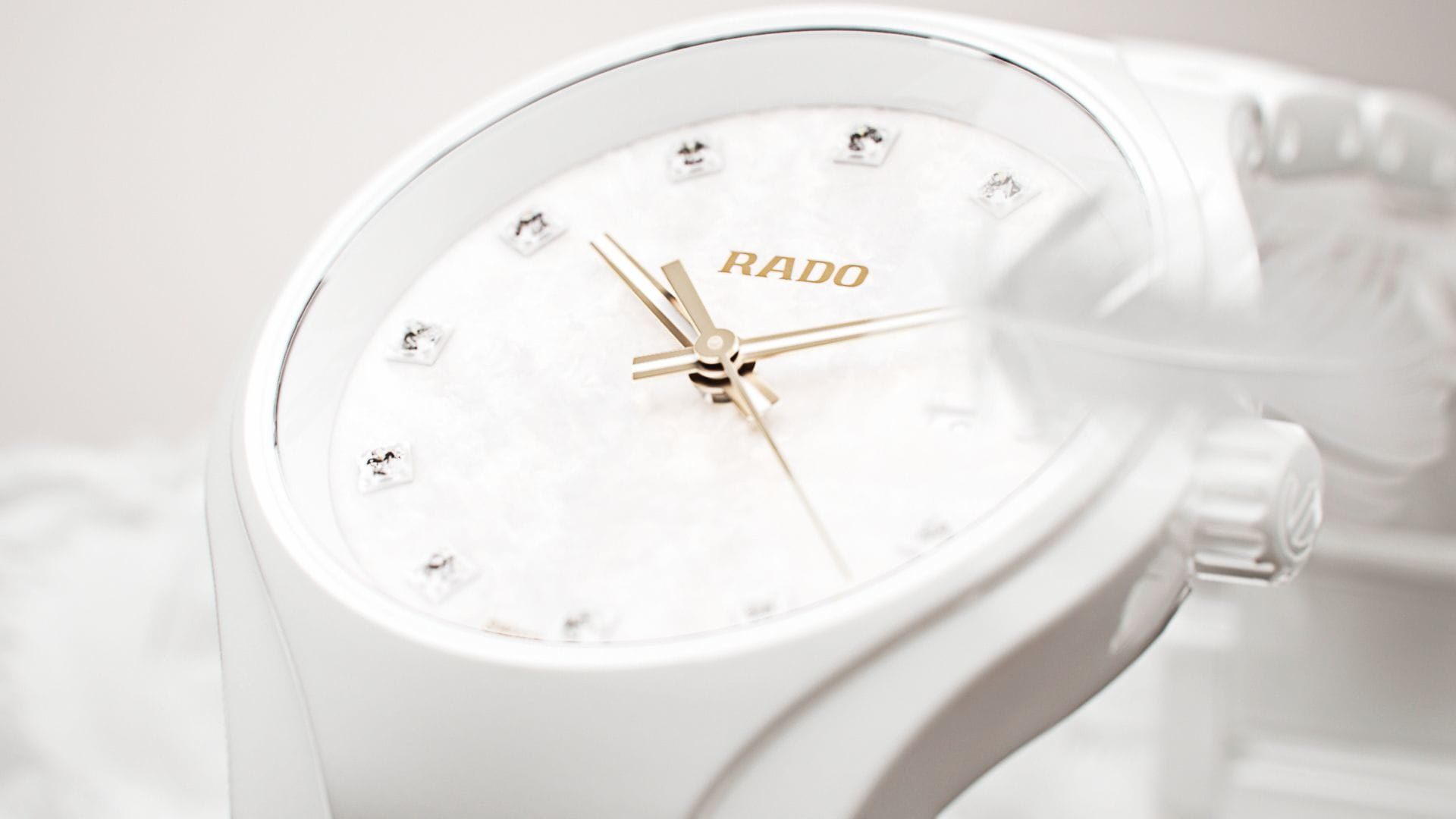
INK uses 3ds Max, Maya and V-Ray to create its polished visuals. David himself has been using V-Ray since 2002, and its evolution has followed INK’s steady progression as an effects house.

